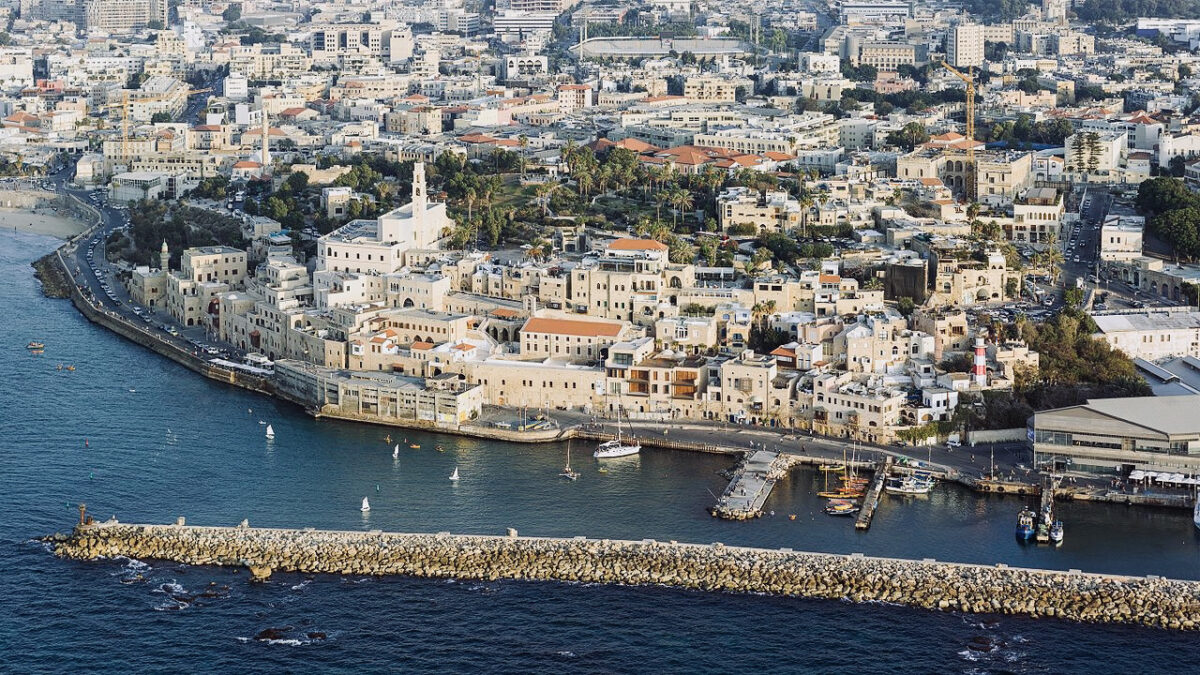Synagogues are set alight by arsonists. An elderly Arab man is killed. A Jewish soldier is viciously beaten. A Jewish police officer is shot. A Jewish family is attacked. A fish restaurant and a hotel owned by Jews are torched. A pregnant Arab woman is seriously injured by a rock thrown at her head. An Arab driver is dragged from his car and pummelled by a mob.
These ugly incidents have occurred in the Israeli towns of Lod, Jaffa, Ramle, Umm al-Fahm, Acre and Bat Yam in the last few days as Israel and Hamas trade harsh blows in what is shaping up as the fourth Gaza war since 2008.
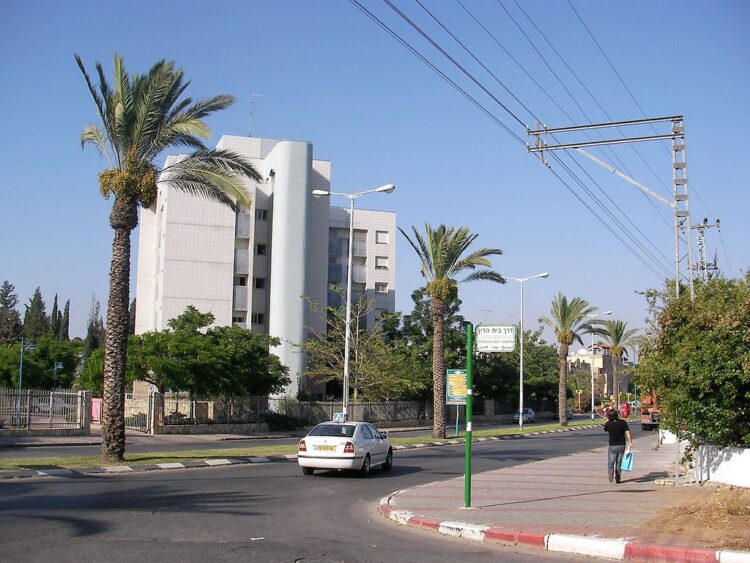
Israel is being torn apart by the worst inter-communal violence in its history.
The current discord reminds some observers of the Arab-Jewish disturbances that convulsed Palestine during the British Mandate era. Fearing that Jewish immigration and land purchases would displace their people, Palestinian nationalists railed against the Zionist movement and fought it tooth-and-nail.
Serious outbreaks of violence erupted in Jerusalem in 1920 and in Jaffa a year later. Sixty seven Jewish residents of Hebron were murdered by Arab vigilantees in 1929, forcing the closure of the community for decades.
Throughout the 1930s, Arabs attacked Jews and Jews responded in kind. With the passage of the 1947 United Nations Palestine partition plan, the mayhem escalated. In 1948, on the eve of Israel’s birth as a nation, 78 Jewish doctors, nurses and patients were killed in Jerusalem in a single Arab onslaught that shocked the Yishuv.
The rioting that has convulsed Israel since May 10 cannot be compared to what happened before the advent of Israeli statehood. But Israelis across the political spectrum are appalled by the spasm of mutual hatred and animosity.
It has certainly damaged Israel’s problematic relationship with its large Arab minority of two million, whose members are the descendants of the 160,000 Palestinians who chose not to leave Israel during the first Arab-Israeli war in 1948.
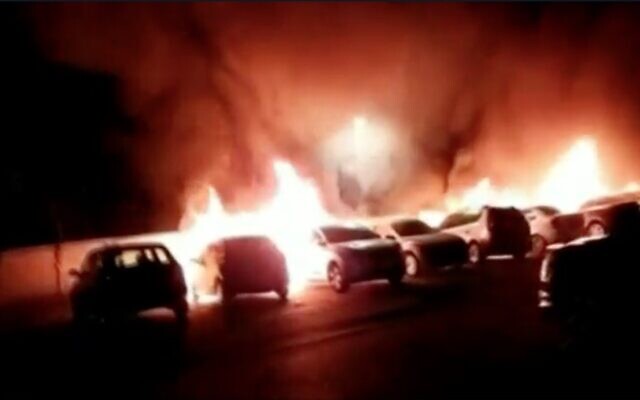
Although a handful of Israeli Arabs have been appointed to top-level positions in the government, judiciary, army and diplomatic corps, a significant number feel alienated from Israeli society and consider themselves second-class citizens.
Israeli Arabs were particularly dismayed by a law passed in 2018 that declared Israel as the nation-state of the Jewish people and singled out Jews as the only citizens who have the “right to national self-determination” in the Jewish state.
In any case, the vast majority of Israeli Arabs, particularly Arab politicians in the Knesset, fully identify with the Palestinian cause and regard themselves as Palestinians with Israeli passports.
While Jewish Israelis have no illusions about the Arab minority and even question the loyalty of Israeli Arabs, they were bitterly disappointed by the events of the past few days.
In uncommonly strong language, Israeli President Reuven Rivlin, an advocate of Jewish-Arab amity, described the civil unrest in Lod as a “pogrom,” accused “bloodthirsty” Arabs of inciting disturbances elsewhere in the country, and castigated “the silence of the Arab leadership” as “shameful.”
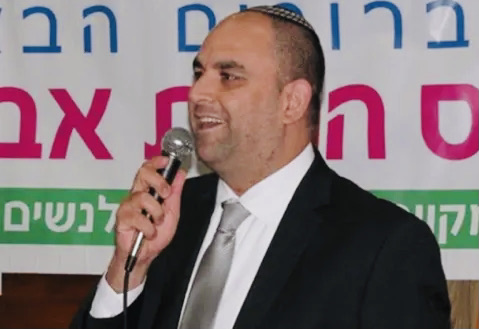
The mayor of Lod, Yair Revivo, compared the burning of shuls to the 1938 Kristallnacht pogroms in Nazi Germany, invoked the specter of a civil war pitting Jews against Arabs, and lamented that the spirit of coexistence, such as it was, has broken down.
The Israeli government declared a state of emergency and a curfew in Lod, a mixed Jewish-Arab town near Ben-Gurion Airport whose original Palestinian inhabitants were expelled during the 1948 war.
Defence Minister Benny Gantz dispatched several Border Police companies to Lod to defuse the situation. “We are in a time of emergency,” he said. “A massive response by forces on the ground is needed.” Gantz added that Israeli soldiers would not be called up to quell the rioting.
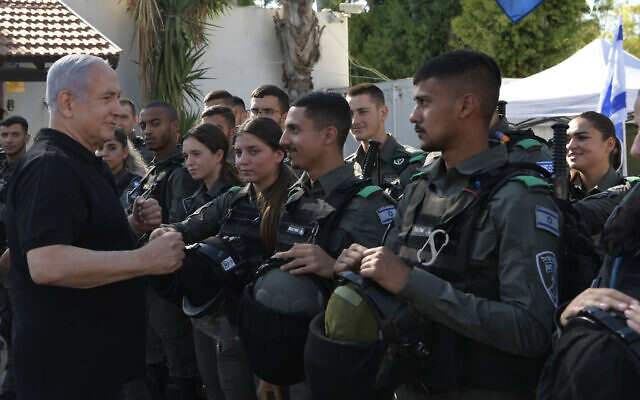
As he met Border Police officers in Lod yesterday, Prime Minister Benjamin Netanyahu decried the “anarchy” and said, “We have no bigger threat now than these pogroms, and we have no choice but to restore law and order via determined use of force.”
Warning he is ready to deploy the army to quell the mounting unrest, Netanyahu said he would not hesitate to detain suspected rioters under a measure known as administrative detention, which Israel has used often in the occupied West Bank. Suspects can be held for an extended period of time without formal charges being levelled against them. So far, 750 suspects have been arrested.
The ongoing violence already has had a major impact on the national political scene.
Until several days ago, Yair Lapid of the centrist Yesh Atid Party and Naftali Bennett of the right-wing Yamina Party seemed on the cusp of forming a coalition government and ending Netanyahu’s 12-year run as prime minister.
Mansour Abbas, the leader of the Ra’am Party, which holds the balance of power after winning four Knesset seats in the last election, was due to meet Lapid and Bennett to finalize the details. But then clashes broke out between Palestinian protesters and Israeli police on the Temple Mount, leading Hamas to launch rocket attacks against Israeli towns and cities and prompting Israel to strike Gaza from the air.
As a result, Abbas cancelled his meeting with Lapid and Bennett. “This is not the time,” he said. “There needs to be calm. Right now, I prefer to focus on the crisis we are going through and afterwards we can talk politics.”
On May 13, Bennett dropped a bigger bombshell. Citing the chaos unfolding in Israel, he ruled out the possibility of aligning his party with Lapid, who has until early June to form a new government.
Referring directly to the Ra’am Party, Bennett said that a government so dependent on an Arab party to manage the nation’s affairs at such a fraught juncture could not possibly succeed. “When there is a wave of pogroms by Arabs across the country … this is a reality-changing event.”
According to reports, Bennett has resumed negotiations with Netanyahu in the hope of forming a right-wing government. As for Lapid, he said he will keep working to replace Netanyahu.
The internal violence that has engulfed Israel has shocked most Israelis. In only the last 24 hours, horrific and perhaps unimaginable scenes have played out across the land.
Rioting by Arabs took place in Haifa, Tamra and other localities, and in Tiberias, Jews were seen roaming the streets looking for Arabs to assault. In Acre, a Jewish man who was set upon by Arabs with iron bars and rocks was listed in critical condition in hospital. Jews vandalized an Arab ice cream stand in Bat Yam.
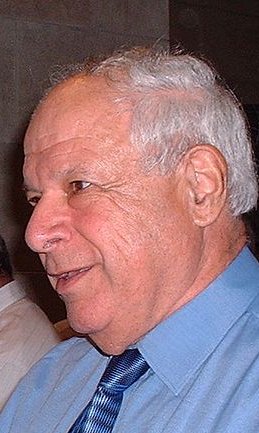
In one of the most sensational incidents, Avi Har-Even, the 84-year-old former director of the Israel Space Agency, was badly injured when his hotel in Acre was set on fire by Arabs.
Israel’s Police Commissioner, Kobi Shabtai, has called the dire situation unprecedented, far more serious than the nation-wide rioting that erupted in the Arab community soon after the outbreak of the second Palestinian uprising at the end of September in 2000. During these violent confrontations, 13 Arabs were killed by police, leaving a legacy of anger and bitterness that has yet to subside.
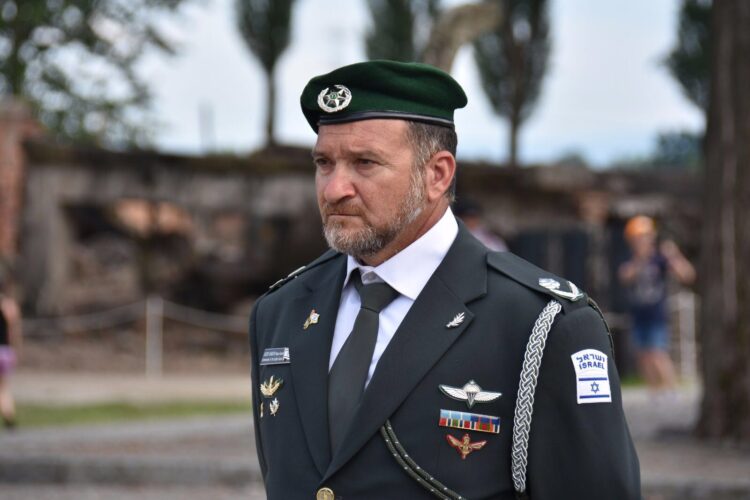
In 1976, six Arabs were fatally shot by police during Land Day demonstrations in the Galilee. They were protesting plans by the government to expropriate Arab-owned lands on which to build Jewish towns and army bases. Land Day, the first big public manifestation of Israeli Arab disaffection over Israel’s policy of land seizures, led to annual Arab general strikes.
As the 1956 Suez War began, Israeli Border Police opened fire on civilians from the Arab town Kfar Qassam, killing 48. They had broken a curfew of which they were unaware. Israel had placed Arab villages along the Jordanian border under a 5 p.m. to 6 a.m. curfew, but inexplicably, the news had not filtered down to the villagers.
The officers were brought to trial and sentenced to prison terms, but after a year they were pardoned and released. In 2007, the then Israeli president, Shimon Peres, issued a formal apology, but the residue of the Kfar Qassam massacre still lingers in the hearts and minds of Arabs in Israel.
